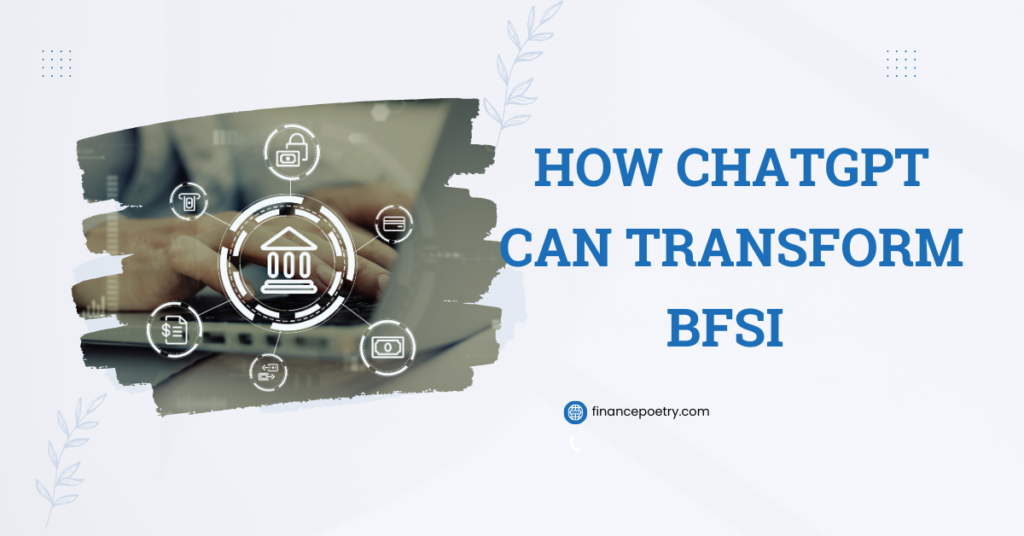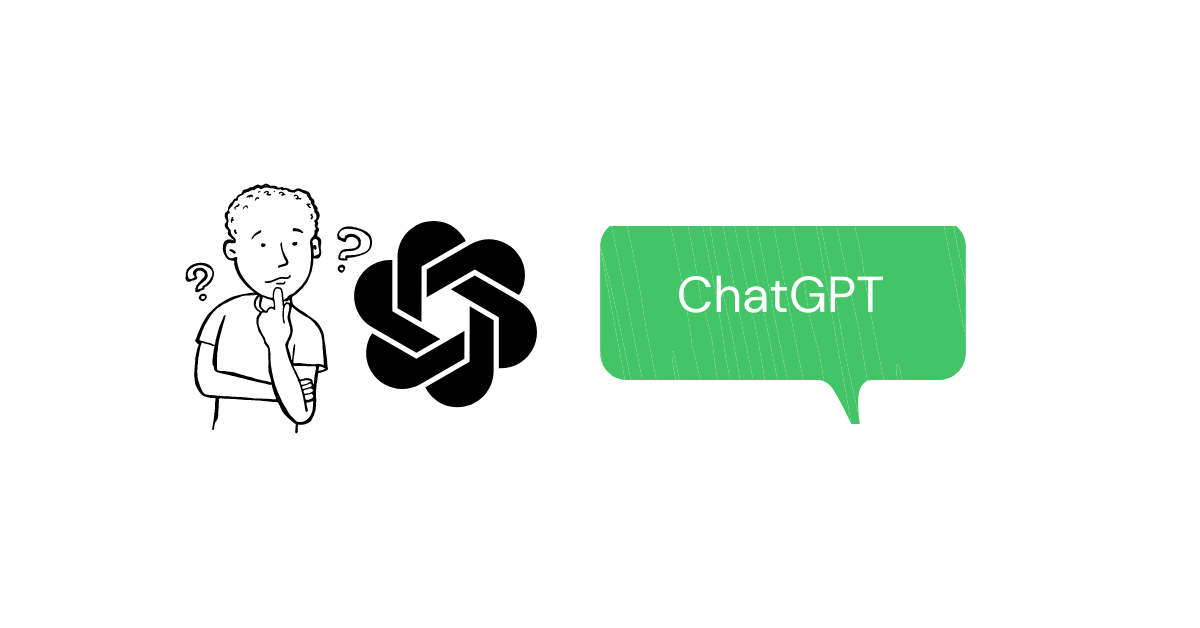ChatGPT, a large language model developed by OpenAI, has the potential to transform the banking, financial services, and insurance (BFSI) industry in several ways.
Artificial intelligence (AI) has the potential to revolutionize the banking, financial services, and insurance (BFSI) industry by automating tasks, improving decision making, and enhancing the customer experience.
Some examples include:
- Automating customer service tasks, such as answering frequently asked questions and processing simple transactions, which can improve efficiency and reduce costs for BFSI companies.
- Enhancing the user experience by providing personalized and natural language-based interactions, which can increase customer satisfaction and loyalty.
- Improving risk management and fraud detection by analyzing large amounts of data and identifying patterns that may indicate fraudulent activity.
- Generating insights and recommendations for BFSI companies by analyzing data and identifying trends, which can help them make more informed decisions and stay competitive in the market.

Limitations
While ChatGPT, a large language model developed by OpenAI, has the potential to transform the banking, financial services, and insurance (BFSI) industry, there are also limitations to its use in this field. Some examples include:
- Limited understanding of context:
ChatGPT is based on a deep learning model that is trained to understand and generate human language, but it may not always understand the nuances and context of a conversation in the BFSI domain, which may lead to errors or misunderstandings. - Lack of domain knowledge:
ChatGPT is a general-purpose language model and may not have the specific domain knowledge required to understand and respond to certain BFSI-specific questions or transactions. - Ethical and legal concerns:
The use of ChatGPT and other AI models in the BFSI industry raises ethical and legal concerns, such as data privacy, security, and bias. - Lack of explainability:
The inner workings of deep learning models like ChatGPT are complex and hard to interpret, making it difficult for humans to understand the decisions and actions taken by the model. This can be a limitation when it comes to compliance and regulatory requirements. - Limited scalability:
Though ChatGPT is a powerful model, it may struggle with large amounts of data, and may not be able to keep up with the high-speed and high-volume requirements of some BFSI applications.
Despite these limitations, ChatGPT and other AI models can still be valuable tools for the BFSI industry when used in conjunction with domain-specific knowledge, carefully crafted training data and human oversight.
